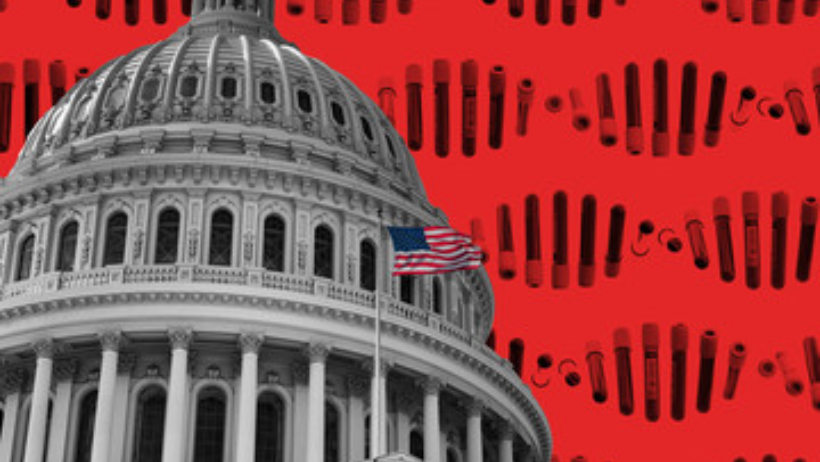If you’ve ever wondered what the GOP stands for in US politics, this article will provide you with the answers you seek. We’ll delve into the history, core principles, and values of the Grand Old Party. From economic policies to social issues, we’ll explore the GOP’s stance on various topics. Additionally, we’ll examine their foreign policy and assess their current influence and future outlook. Get ready for an objective, analytical, and informative analysis of the GOP’s political ideology.
History and Origins
The history and origins of the GOP, also known as the Grand Old Party, can be traced back to the mid-19th century when it was founded as a political party dedicated to the abolition of slavery. The Republican Party emerged in 1854 in response to the growing opposition to the expansion of slavery into new territories. Its formation was influenced by various political and social factors, including the disintegration of the Whig Party and the rise of anti-slavery sentiment in the Northern states. The Republican Party quickly gained support from abolitionists, free soil advocates, and other groups who were opposed to the institution of slavery.
Over the years, the GOP has evolved and adapted to changing political landscapes. It played a crucial role in the American Civil War, with Abraham Lincoln, a Republican, becoming the first Republican president in 1861. The Republican Party continued to champion civil rights and equality, advocating for the passage of the 13th, 14th, and 15th Amendments, which abolished slavery, granted equal protection under the law, and granted voting rights to African Americans.
The influence of the GOP on modern politics cannot be understated. The party has been a major force in shaping American policies and ideologies. It has consistently advocated for limited government intervention, free markets, and individual liberty. The Republican Party has also played a significant role in promoting conservative values and social issues, such as opposing abortion and advocating for traditional family values. In recent years, the GOP has also been associated with a more nationalist and populist agenda.
Core Principles and Values
As you delve into the core principles and values of the GOP, it is important to understand how these principles have shaped the party’s stance in US politics. The core principles of the GOP are centered around limited government, individual liberty, free markets, and a strong national defense. These principles guide the party’s policy positions and serve as a foundation for their political ideology.
Limited government is a key principle for the GOP, emphasizing the importance of restraining the power and size of the federal government, allowing for greater individual freedom and self-governance. Individual liberty is another fundamental value, emphasizing the rights and freedoms of individuals to make their own choices without excessive government interference.
The GOP also strongly supports free markets, believing in the power of competition and private enterprise to drive economic growth and prosperity. This principle is rooted in the belief that individuals and businesses should be free to make their own economic decisions without heavy government regulation.
Lastly, the GOP is known for its strong stance on national defense, prioritizing a robust military and a proactive approach to protecting American interests abroad. This value reflects the party’s commitment to maintaining a strong and secure nation.
Economic Policies
Delving into the core principles and values of the GOP, you’ll find their economic policies focused on promoting free markets and limited government intervention. The Republican Party supports supply side economics, which emphasizes the belief that economic growth can be stimulated by reducing taxes and regulations. This approach is aimed at incentivizing businesses to invest, expand, and create job opportunities. In line with this, the GOP advocates for tax reform as a means to stimulate economic growth and development.
To achieve these goals, the GOP’s economic policies include:
- Lowering Taxes: Republicans argue that reducing tax burdens on individuals and businesses encourages economic activity and investment.
- Deregulation: The GOP supports reducing government regulations on businesses, arguing that it allows for greater innovation, competition, and economic growth.
- Fiscal Responsibility: Republicans prioritize balancing the budget and reducing government spending to ensure long-term economic stability and avoid excessive national debt.
- Trade Liberalization: The GOP generally promotes free trade agreements to enhance economic opportunities for American businesses and consumers.
Social Issues
Turning our attention to social issues, let’s dive into how the GOP stands on matters that shape our society. When it comes to LGBTQ rights, the Republican Party has historically been more conservative. While some Republicans have expressed support for LGBTQ rights, such as marriage equality, the party as a whole has often taken a more traditional stance. They tend to prioritize religious freedom and the protection of religious beliefs over expanding LGBTQ rights.
On the topic of immigration reform, the GOP has been divided. There are Republicans who advocate for stricter immigration policies, emphasizing border security and the rule of law. They believe in enforcing existing immigration laws and cracking down on illegal immigration. On the other hand, some Republicans support comprehensive immigration reform, which includes a pathway to citizenship for undocumented immigrants and reforms to the legal immigration system.
Foreign Policy
When it comes to foreign policy, the GOP has historically maintained a strong emphasis on national security and a robust military presence. The Republican party believes in the concept of American exceptionalism, the idea that the United States has a unique role in the world and a responsibility to promote its values and interests. This belief often translates into a more assertive approach towards global affairs.
In the realm of military intervention, Republicans tend to be more supportive of using force abroad when they deem it necessary to protect American interests or promote stability. They believe in maintaining a strong military and investing in defense capabilities to deter potential adversaries and ensure the safety of the nation.
Here are four key aspects of the GOP’s foreign policy approach:
- Promoting American values: Republicans prioritize spreading democracy, human rights, and free-market capitalism as a means to foster stability and prosperity globally.
- Strategic alliances: The party emphasizes the importance of strong relationships with like-minded nations and believes in the value of collective security through organizations like NATO.
- Economic nationalism: Republicans advocate for fair trade policies, protecting American industries from unfair competition, and prioritizing American economic interests in international agreements.
- Non-interventionism: While Republicans generally support a strong military, they also emphasize the importance of not overextending American military involvement and avoiding unnecessary conflicts.
Current Influence and Future Outlook
You can gauge the current influence and future outlook of the GOP by examining its recent political actions and electoral prospects. In terms of current influence, the GOP holds a significant amount of power in the United States. With control over the Senate, House of Representatives, and a majority of state legislatures, the party has the ability to shape policy and push its agenda forward. This influence is evident in the appointments of conservative judges, the passage of tax reform, and the deregulation of industries.
However, the future outlook for the GOP is not without challenges. One major concern is the changing demographics of the country. The GOP has traditionally relied on support from older, white, and rural voters, but as the population becomes more diverse and urbanized, the party will need to adapt its messaging and policies to appeal to a broader range of voters. Additionally, the party faces internal divisions between its more moderate and conservative factions, which could impact its ability to unite and win elections.
Furthermore, the GOP’s future outlook will also be shaped by external factors such as the economy, global events, and the actions of the Democratic Party. The 2022 midterm elections will be a key test of the party’s strength and will provide insights into its future prospects. Ultimately, the GOP’s ability to maintain its current influence and secure future electoral victories will depend on its ability to navigate these challenges and adapt to a changing political landscape.




